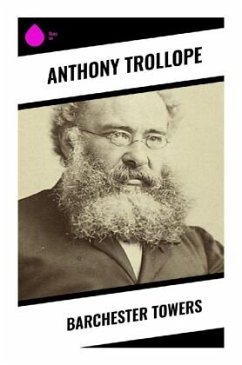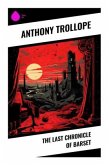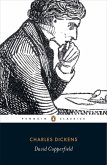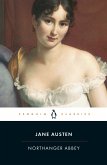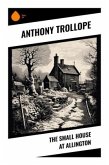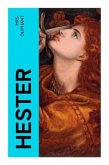In "Barchester Towers," Anthony Trollope masterfully weaves a compelling narrative set in the imaginary cathedral town of Barchester, delving into the intricacies of ecclesiastical politics and social dynamics in mid-19th century England. This novel, characterized by Trollope's characteristic wit and keen observational style, intricately portrays the conflicts between liberal and high church factions, revealing the absurdities and virtues of its diverse cast of characters. Through a richly detailed prose imbued with an undercurrent of irony, Trollope invites readers to reflect on the moral and ethical challenges faced by individuals within the church and society at large. Trollope, a prolific novelist and keen observer of Victorian life, was deeply influenced by his experiences with the Church of England and English society. His exposure to various social strata, combined with a career in the civil service, furnished him with unique insights into human nature and institutional complexities. These elements converge in "Barchester Towers," as he critiques the era's religious institutions while simultaneously offering a nuanced understanding of the individuals caught within them. For readers seeking a richly layered exploration of societal norms and moral dilemmas, "Barchester Towers" is an essential addition to the canon of Victorian literature. Trollope's deft characterizations and subtle humor make this work not only a significant commentary on its time but also an enduring story that resonates with contemporary themes, encouraging readers to ponder the intersections of faith, power, and community.
Bitte wählen Sie Ihr Anliegen aus.
Rechnungen
Retourenschein anfordern
Bestellstatus
Storno

